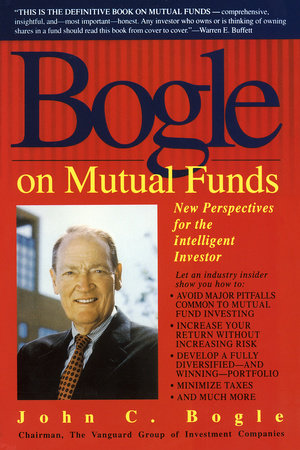
From “The Modern Corporation and the Public Interest,” a speech by John C. Bogle, Founder of the Vanguard Group, to the Public Company Accounting Oversight Board, December 7, 2017
. . . The enterprises that will endure are those that generate growing profits for their owners, something they do best only when they take into account the interests of their customers, their employees, their communities, and indeed the interests of our society. Please don’t think of these ideals merely as foolish idealism. They are the ideals that capitalism has depended upon from the very outset. Hear Adam Smith: “He is certainly not a good citizen who does not wish to promote, by every means of his power, the welfare of the whole society of his fellow citizens.”
No one says it better than Theodore Roosevelt. He begins his 1910 speech on “The New Nationalism” by quoting Abraham Lincoln:
I hold that while man exists it is his duty to improve not only his own condition, but to assist in ameliorating mankind. . . Labor is prior to, and independent of, capital. Capital is only the fruit of labor, and could never have existed if labor had not first existed. Labor is the superior of capital, and deserves much the higher consideration.
—Abraham Lincoln, First Annual Message to Congress, December 3, 1861
Roosevelt continues with his own words:
The material progress and prosperity of a nation are desirable chiefly so long as they lead to the moral and material welfare of all good citizens. . . The absence of effective . . . restraint upon unfair money-getting has tended to create a small class of enormously wealthy and economically powerful men, whose chief object is to hold and increase their power. The prime need is to change the conditions which enable these men to accumulate power which is not for the general welfare that they should hold or exercise . . . The right to regulate the use of wealth in the public interest is universally admitted.
—Theodore Roosevelt, Dedication of the John Brown Memorial Park in Osawatomie, Kansas, August 31, 1910
If the mission of today’s modern corporation is to serve the public interest, then our giant, ever more powerful institutional investors must educate themselves as to what is real in investing, and what is illusory. We must understand the nature of traditional capitalism; the wisdom of long-term investing and the folly of short-term speculation; the productive power of compound interest to build returns; and the confiscatory power of compound costs to slash those very same returns. In all, the relentless rules of humble arithmetic. We all need to stand back, take a moment for introspection, and finally recognize that these obvious precepts must drive institutional investment management in the years ahead. The arc of investing is bending toward fiduciary duty and the public interest, and its progress is inevitable.
Reply
You must be logged in to post a comment.